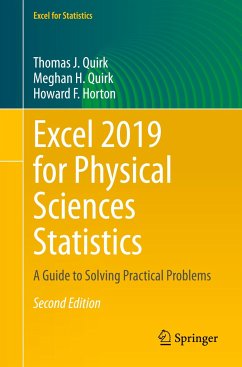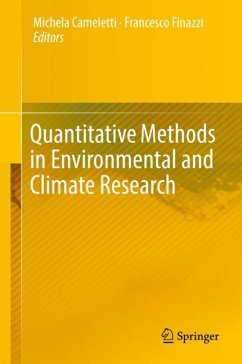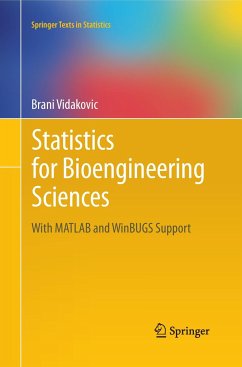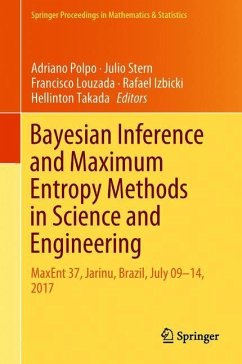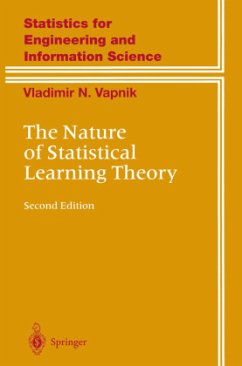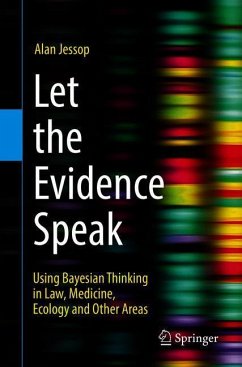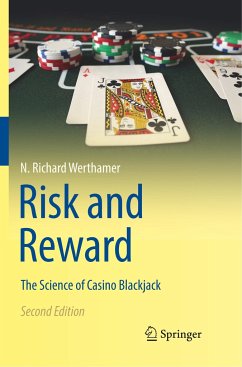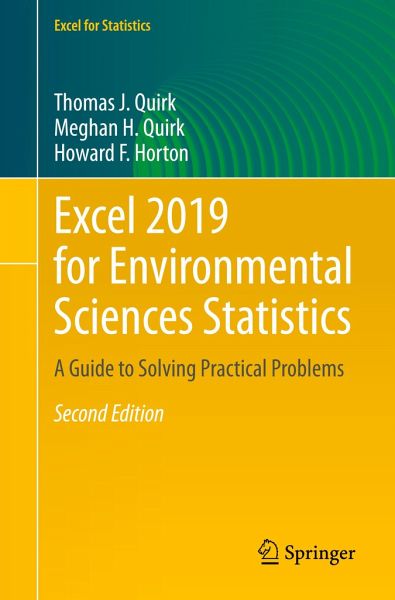
Excel 2019 for Environmental Sciences Statistics
A Guide to Solving Practical Problems

PAYBACK Punkte
29 °P sammeln!
This book shows the capabilities of Microsoft Excel in teaching environmental science statistics effectively. Similar to the previously published Excel 2016 for Environmental Sciences Statistics, this book is a step-by-step, exercise-driven guide for students and practitioners who need to master Excel to solve practical environmental science problems. If understanding statistics isn't the reader's strongest suit, the reader is not mathematically inclined, or if the reader is new to computers or to Excel, this is the book to start off with.Excel, a widely available computer program for students...
This book shows the capabilities of Microsoft Excel in teaching environmental science statistics effectively. Similar to the previously published Excel 2016 for Environmental Sciences Statistics, this book is a step-by-step, exercise-driven guide for students and practitioners who need to master Excel to solve practical environmental science problems. If understanding statistics isn't the reader's strongest suit, the reader is not mathematically inclined, or if the reader is new to computers or to Excel, this is the book to start off with.
Excel, a widely available computer program for students and managers, is also an effective teaching and learning tool for quantitative analyses in environmental science courses. Its powerful computational ability and graphical functions make learning statistics much easier than in years past. Excel 2019 for Environmental Sciences Statistics: A Guide to Solving Practical Problems capitalizes on these improvements by teaching students and managers how to apply Excel to statistical techniques necessary in their courses and work.
In this new edition, each chapter explains statistical formulas and directs the reader to use Excel commands to solve specific, easy-to-understand environmental science problems. Practice problems are provided at the end of each chapter with their solutions in an appendix. Separately, there is a full practice test (with answers in an appendix) that allows readers to test what they have learned.
Excel, a widely available computer program for students and managers, is also an effective teaching and learning tool for quantitative analyses in environmental science courses. Its powerful computational ability and graphical functions make learning statistics much easier than in years past. Excel 2019 for Environmental Sciences Statistics: A Guide to Solving Practical Problems capitalizes on these improvements by teaching students and managers how to apply Excel to statistical techniques necessary in their courses and work.
In this new edition, each chapter explains statistical formulas and directs the reader to use Excel commands to solve specific, easy-to-understand environmental science problems. Practice problems are provided at the end of each chapter with their solutions in an appendix. Separately, there is a full practice test (with answers in an appendix) that allows readers to test what they have learned.





